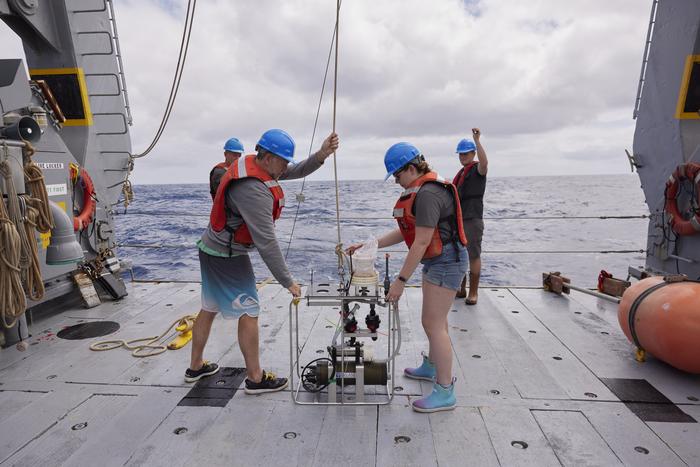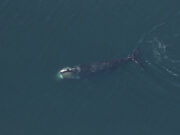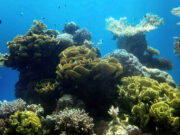In 1988, a comprehensive sustained ocean time-series of observations, called the Bermuda Atlantic Time-series Study (BATS), began at a site about 80 km southeast of the island of Bermuda. There, scientists take monthly samples of the physics, biology, and chemistry of the ocean’s surface and depths. In a new paper published in Frontiers in Marine Science, researchers have shown that the ocean has warmed by about 1°C, increased in salinity and decreased in oxygen. Furthermore, acidity has increased by over 30%.
At the BATS monitoring station, ocean surface temperatures have increased by around 0.24°C each decade since the 1980s. Added up, the ocean is around 1°C warmer now than it was 40 years ago. In the last four years, ocean temperatures have also risen more sharply than in the previous decades, the researchers found.

Like surface temperature, this saltiness has disproportionally increased during the last few years, the newest data showed. “We suspect this is part of the broader, more recent trends and changes in ocean temperatures and environmental changes, like atmospheric warming and having had the warmest years globally,” said author Prof Nicholas Bates, an ocean researcher at the Bermuda Institute of Ocean Sciences.
At the same time, the data indicated that over the last 40 years the amount of oxygen available to living aquatic organisms has decreased by 6%.
Further Reading
Bates Nicholas R., Johnson Rodney J. Forty years of ocean acidification observations (1983–2023) in the Sargasso Sea at the Bermuda Atlantic Time-series Study site, Frontiers in Marine Science 10-23














